Nuclear chief says ‘much demand’ for Iran’s heavy water across world
The head of the Atomic Energy Organization of Iran (AEOI) has highlighted the Islamic Republic’s achievements in the nuclear industry in recent years, saying Iran’s heavy water is much sought-after across the world due to its high level of quality.
Mohammad Eslami made the remark on Thursday as he pointed to Iran’s progress in its nuclear industry over the years and censured “politicized” narratives about the Islamic Republic’s peaceful nuclear program.
“Some countries are seeking to portray a horrific image of Iran's nuclear program in the world,” by politicizing the country’s peaceful nuclear industry and overlooking its technical format, Eslami said.
Eslami stressed that despite all such attempts, the AEOI pursues the policy of ‘open doors, open innovation’ and has put it as the “main” goal of the organization.
“In a situation where we are under such political and psychological attack, we are witnessing the achievements of the country's youth, and now, with the efforts of [our] experts, we have transformed the Atomic Energy Organization of Iran from a research organization into an industrial complex,” Iran’s nuclear chief said.
Underlining that the AEOI is after a boom in “nuclear economy” both in terms of quality and quantity, Eslami said the organization has started working on the plan since 2022 and managed to register 159 knowledge-based achievements.
“As a case in point, there is a huge demand for the heavy water of Khandab nuclear center today, because by consuming it, they have realized its high quality and purity and are looking to buy Iranian heavy water,” Eslami said, referring to the nuclear research facility in Iran’s Markazi Province.
“Heavy water derivatives are very expensive and we are boosting investment on this chain, [expecting] a high added value,” he added.
Iran has made remarkable progress in the nuclear industry despite the Western threats and sanctions regime. Tehran has always reiterated that its nuclear program is only meant for peaceful purposes.
In 2015, Iran proved the peaceful nature of its nuclear program to the world by signing the Joint Comprehensive Plan of Action (JCPOA), an agreement reached with six world states — namely the United States, Britain, France, Russia, China and Germany. But, Washington’s unilateral withdrawal in May 2018 and its subsequent re-imposition of sanctions against Tehran left the future of the deal in limbo.
Negotiations between the parties to the deal kicked off in Vienna in April 2021, with the intention of bringing the US back into the deal and putting an end to its “maximum pressure” campaign against Iran. The discussions, however, have been at a standstill since August 2022 due to Washington’s insistence on not removing all of the anti-Iran sanctions and refusal to offer Tehran the necessary guarantees that it will not exit the agreement again.
VIDEO | 85% of Yemeni displaced people face daily hunger crisis
US House passes bill targeting charities and pro-Palestine groups
VIDEO | Supporting Gaza genocide
Hezbollah attacks Israeli forces after Lebanese homes blown up
World leaders, states hail ICC arrest warrants for Netanyahu, Gallant
MP: US accountable for possible Israeli 'foolishness' to attack Iraq
VIDEO | Israeli policies strangle Palestinian agriculture, economy
Iran's president offers condolences to Pakistan over terrorist attack


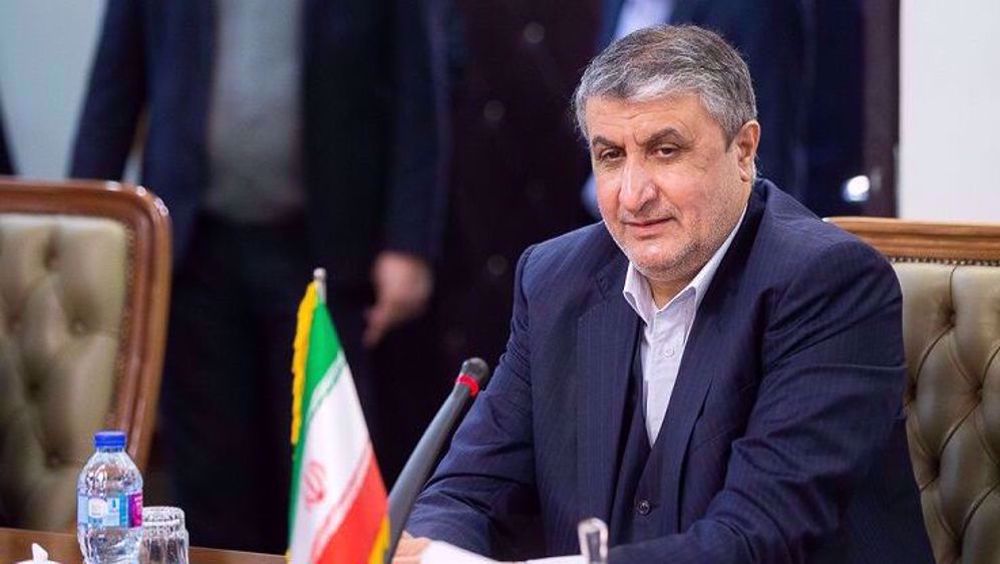
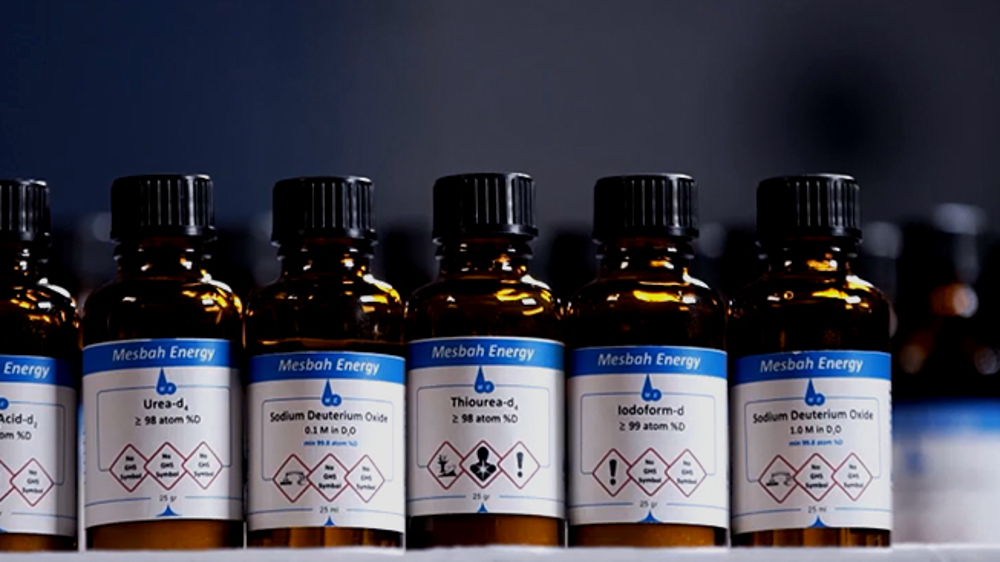
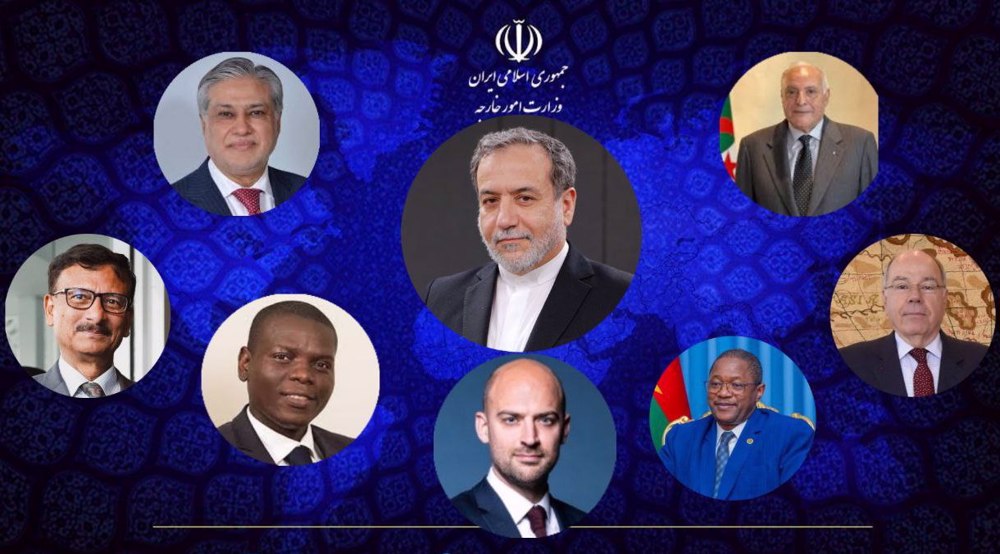
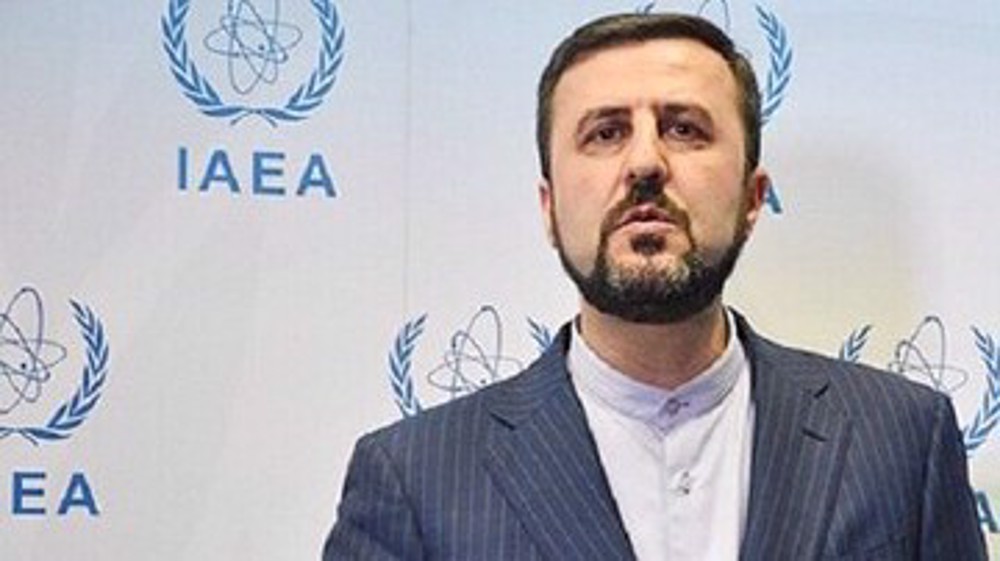
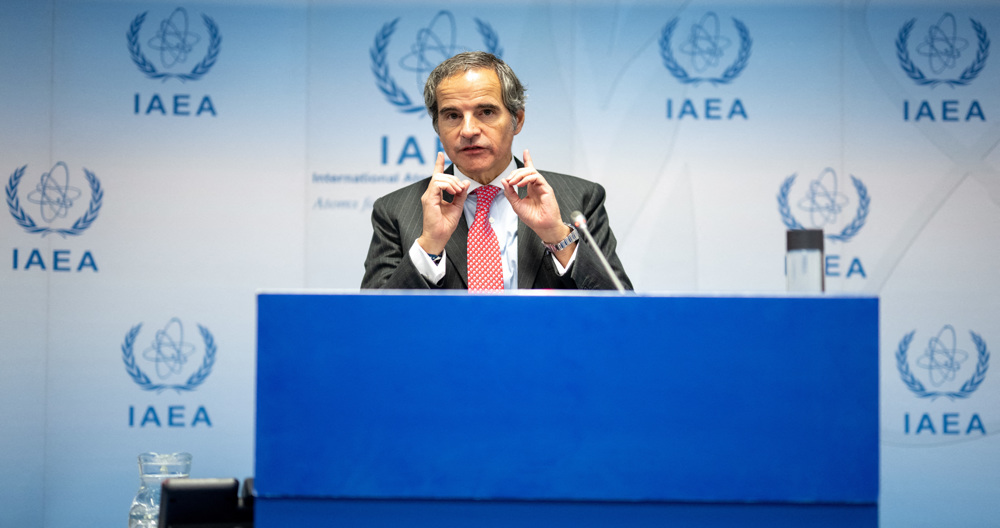




 This makes it easy to access the Press TV website
This makes it easy to access the Press TV website